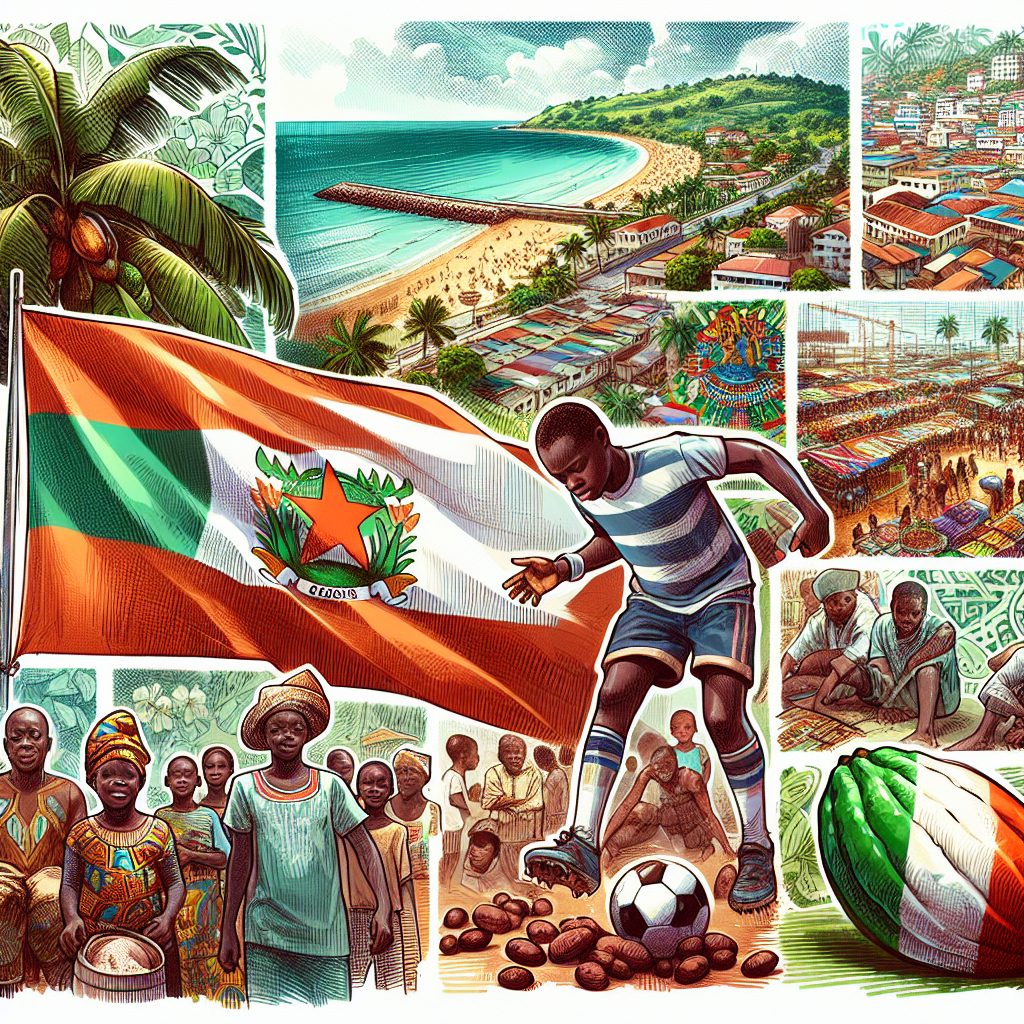Ivory Coast's Presidential Race: Youth Voices and Political Shifts
Ivory Coast is holding a presidential election with Alassane Ouattara seeking a fourth term. The election highlights generational tensions, with young Ivorians eager for political change amid skepticism about the older political elite. Despite economic growth, unemployment and inequality persist, influencing voter sentiment.

Ivory Coast's current presidential election has put the spotlight on generational tensions as incumbent Alassane Ouattara vies for a fourth term at the age of 83. The election, scheduled for Saturday, features Ouattara, who has overseen nearly 15 years of economic growth, but also faces scrutiny from the country's younger population.
Ouattara's trajectory into power followed a civil war that claimed 3,000 lives, with predecessors Laurent Gbagbo and Tidjane Thiam excluded from the current race due to ineligibility. While Ouattara remains a clear front-runner, his candidacy underscores a theme of 'generational transmission' amidst a political landscape filled with leaders well into their 70s.
Despite the country's economic advancements, like robust cocoa production and successful international bonds, young voters express significant skepticism. Concerns about unemployment, economic inequality, and the lack of youthful representation are pervasive. The campaign, while mostly peaceful, has seen hundreds arrested, as the government promotes stability alongside maintaining order.
ALSO READ
-
Ivory Coast's Political Milestone: Ouattara's Fourth Term and Future Leadership Challenges
-
Ivory Coast's Ouattara Reelected Amid Low Turnout and Controversies
-
Ivory Coast's Political Landscape: Ouattara's Fourth Term and Future Challenges
-
Alassane Ouattara Triumphs in Ivory Coast Presidential Race
-
Ivory Coast's Election: A Quest for Generational Shift Amidst Economic Growth









